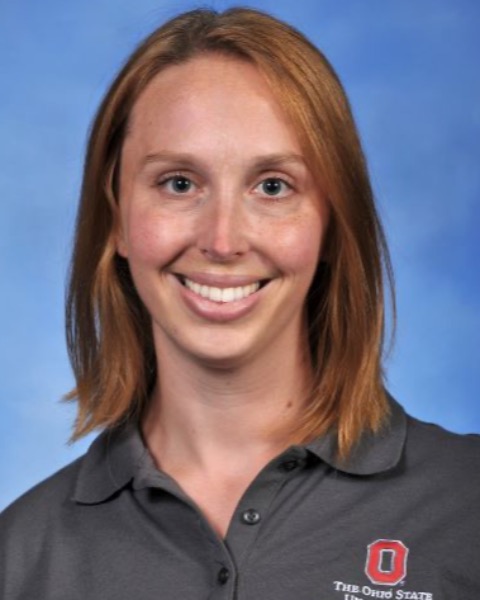Back
abs: Macrophage-DDF Tenocyte Co-Culture ECM MMP
Large Animal
Scientific Abstracts
abs: Macrophage-DDF Tenocyte Co-Culture ECM MMP
Large Animal Scientific Abstracts
Saturday, October 15, 2022
11:45am – 12:00pm
Location: C125-126

Hannah E. Cooper, BVMS
Equine Surgery Resident
The Ohio State University
Abstract Presenter(s)
This study determined the impact of M1 and M2 macrophages on equine deep digital flexor (DDF) tenocyte extracellular matrix (ECM) biosynthesis and matrix metalloproteinase (MMP) activities with the overall goal of developing novel immunomodulatory therapies that enhance equine intrasynovial deep digital flexor tendon (DDFT) healing. Direct (cell-to-cell contact) and transwell (non-contact mediated) co-cultures with forelimb DDF tenocyte and autologous M0, M1 and M2 in vitro differentiated macrophages (n=4) were established and maintained for 72 hours. qRT-PCR from co-cultured cell RNA (tendon ECM, chondrogenic, MMP-1,2,3,9,13 and TIMP-1,2 mRNA) and collagen, GAG measurements (biochemical) and MMP-3,9 and TIMP-1,2 secretions quantification in co-culture media (ELISA) were carried out. Direct co-culture of DDF tenocytes with M1 downregulated (p = 0.02) COL1A1 mRNA compared to M0. Direct co-culture of DDF tenocytes with M1 and M2 downregulated (p= 0.03) all chondrogenic mRNA. Transwell co-cultures did not significantly affect tendon ECM or chondrogenic mRNA. MMP-3 mRNA was significantly increased in direct and transwell co-culture of DDF tenocytes with M1 (p=0.01) and M2 (p=0.008); whereas MMP-3 culture media secretion was significantly increased with M1 and M2 in direct co-cultures alone. Tissue inhibitor of MMP-1 (TIMP-1) mRNA was increased (p=0.01) in DDF tenocyte transwell co-culture with M1. DDFT ECM genes downregulate, and MMP-3 secretions increased only during direct co-culture conditions, highlighting direct cell-to-cell contact interactions between macrophages and DDF tenocytes. Overall, DDF tenocyte chondrogenic gene expression was most affected by macrophage-derived inflammatory mediators for tendon ECM genes, with M1 downregulating DDF tenocyte ECM and upregulating MMP gene expression.
